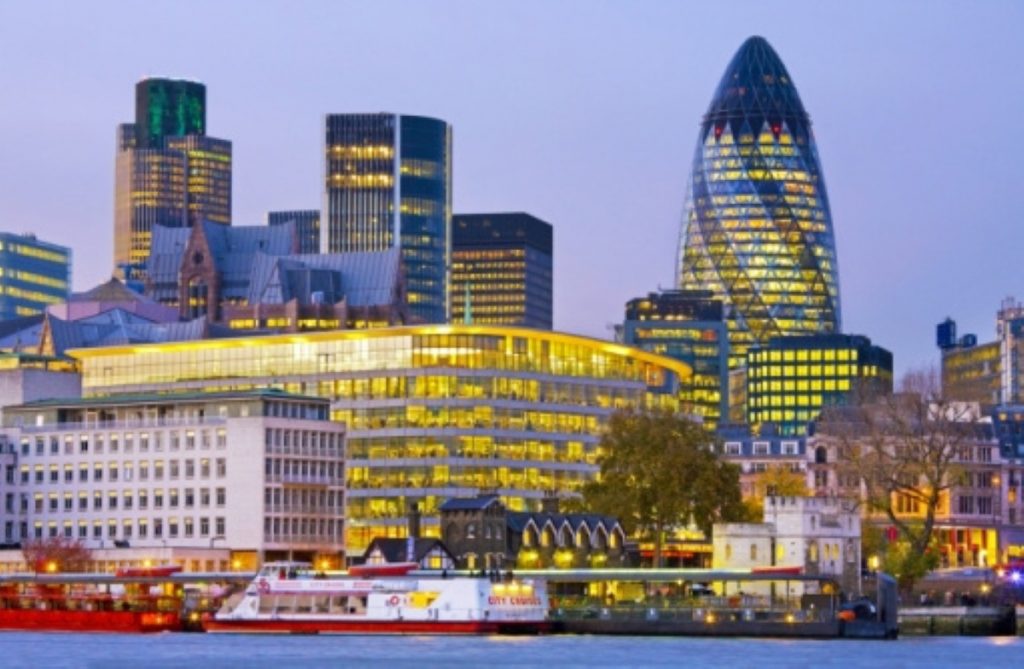Comment: Businesses need to urgently rethink their place in society
By Luke Nightingale
If they want to win back consumers' faith, businesses need to start behaving like decent citizens.
Is the relationship between business and society fractured beyond repair? The financial crisis of 2008, excessive pay deals for bankers and the mis-selling scandals with the energy companies have certainly contributed towards a collapse in public trust. Only one in five consumers now trust their energy company, while just one in three trust their bank, according to Which?
The idea that business can be a force for good in society has been lost. If there is to be any possibility of renewing this notion, it must involve a collective recovery for both business and consumers. That would require business to revaluate its role in society by understanding the tension that has led to the breakdown in faith in consumers. In essence, it would demand that businesses become active and responsible members of a community – in which it contributes, but also gains from being a part of it.


This theory is best demonstrated in regards to tax. At present, tax in the business sphere is linked to competitive advantage. Businesses who utilise tax havens abroad continue to benefit from the public services paid for by their competitors through tax – the dustmen who dispose of their product's packaging, for example. This allows the tax-avoiding business to fulfil their commitment to shareholders, but only to the detriment of the community in which they are based. What results is an imbalance of reward between business and consumers.
A solution lies in the fundamental question of where business' primary commitment should lie. Currently it is aimed firmly at shareholders, but this is too narrow and needs to become broadened out to include wider society as well. This could be achieved by linking competitive edge to consumer faith.
How would this work? By judging the success of a business not simply on the scale of its profits, but by its contribution to society too. Businesses would be incentivised because an increase in public trust and respect would lead to rising profits from further custom.
Right now, unfortunately, companies are currently doing far too little to wager for public trust. That leaves consumers with the choice of picking the best from a bad bunch.
Perhaps the government could close the tax loopholes. Although a change in the law will be beneficial, it would be unlikely to restore total public trust in business. This is because those we value and admire in society go above and beyond merely doing what is expected of them within the limits of the law. In no way can business seek to claim the moral high ground by simply paying its taxes.
Tax is only the gateway for business to become integrated within society, by giving into the system what it takes out. Once that foundation is in place, it needs to reach further and commit to decisions that aren't evidently connected to a profit and loss account. Sainsbury's' sponsorship of the 2012 Paralympic Games is a case in point. No one would dispute that the sponsorship was a commercial success, but it lacked a short-term business case. And yet, it is more of this sort of decision that need to be made if trust in business is to be restored.
Luke Nightingale is a freelance journalist
The opinions in politics.co.uk's Comment and Analysis section are those of the author and are no reflection of the views of the website or its owners.









